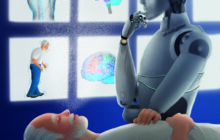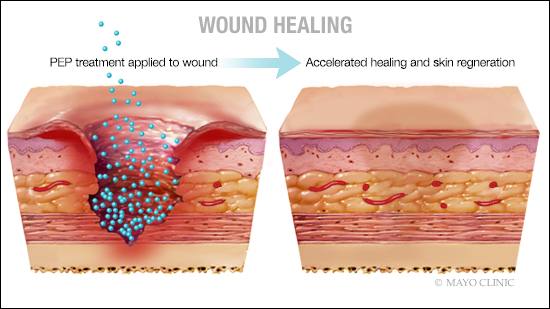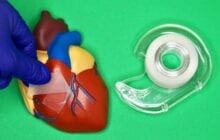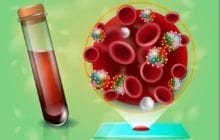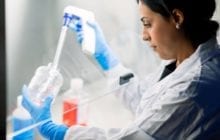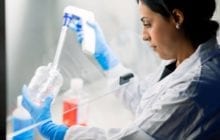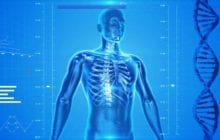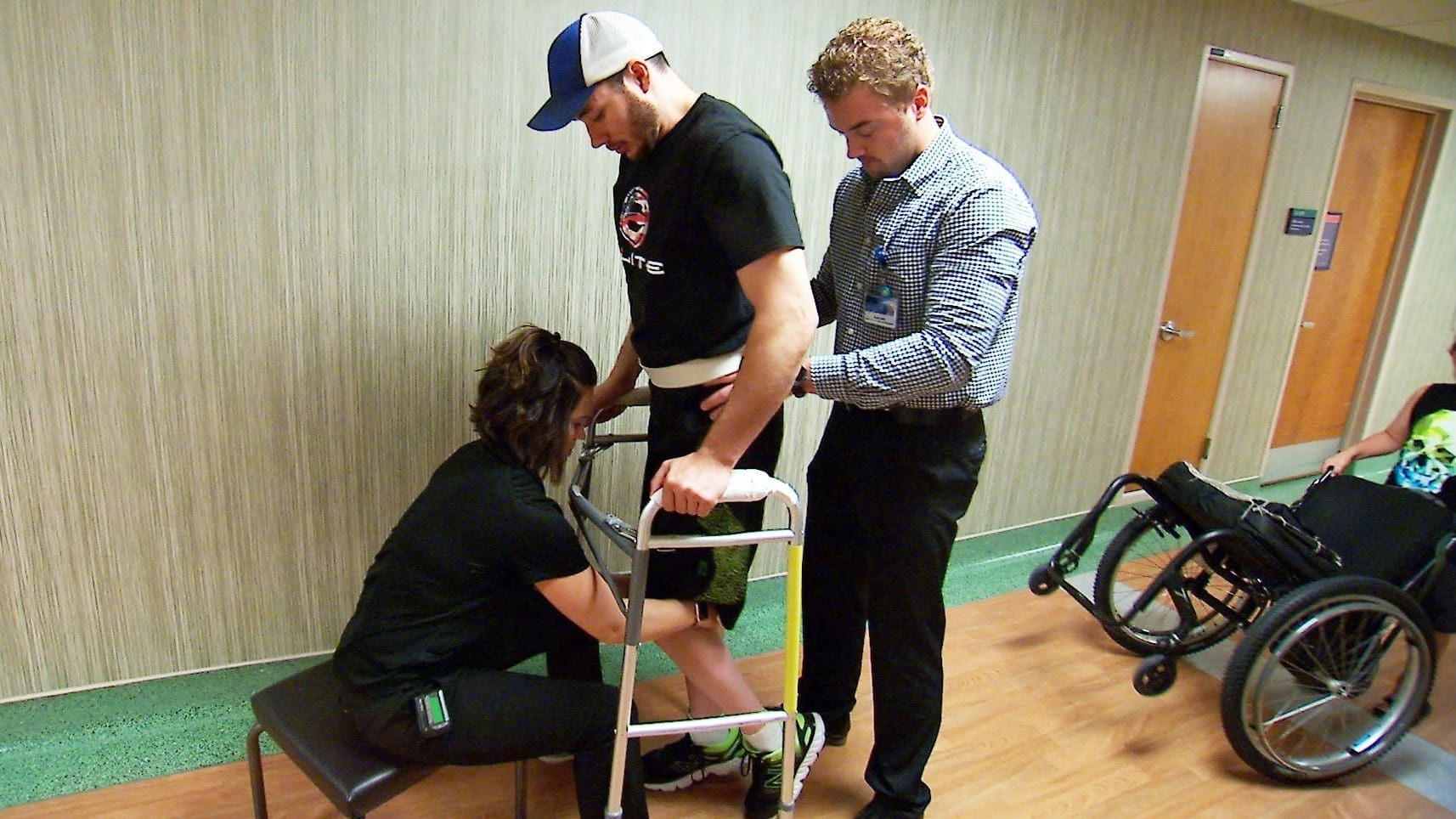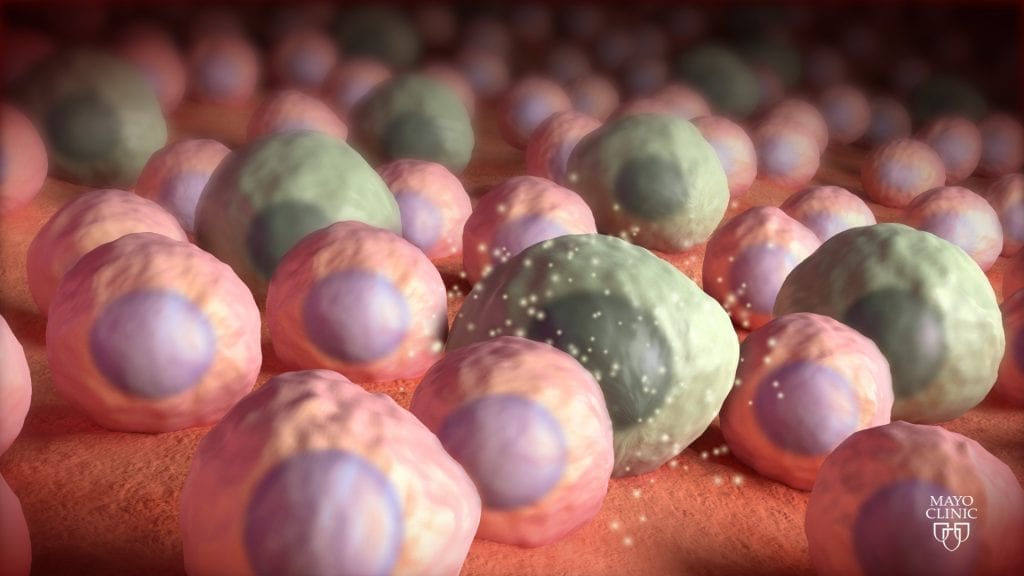Researchers applying artificial intelligence to electrocardiogram data estimated the age group of a patient and predicted their gender. Artificial intelligence could more accurately track ov... Read more
Non-pharmaceutical treatment combats recurring Clostridium Difficile infections Transplanting human donor fecal microbiota into the colon of a patient infected with Clostridiodes difficile (... Read more
Drug therapy may effectively treat a potentially life-threatening condition associated with cirrhosis and other chronic liver diseases, according to a new study by Mayo Clinic researchers. T... Read more
Spinal cord stimulation and physical therapy have helped a man paralyzed since 2013 regain his ability to stand and walk with assistance. The results, achieved in a research collaboration be... Read more
Zombie cells are the ones that can’t die but are equally unable to perform the functions of a normal cell. These zombie, or senescent, cells are implicated in a number of age-related d... Read more
More than 38 million Americans suffer from migraine. It is the sixth most disabling neurologic disease globally, according to the World Health Organization. Yet, migraine often is undiagnose... Read more

